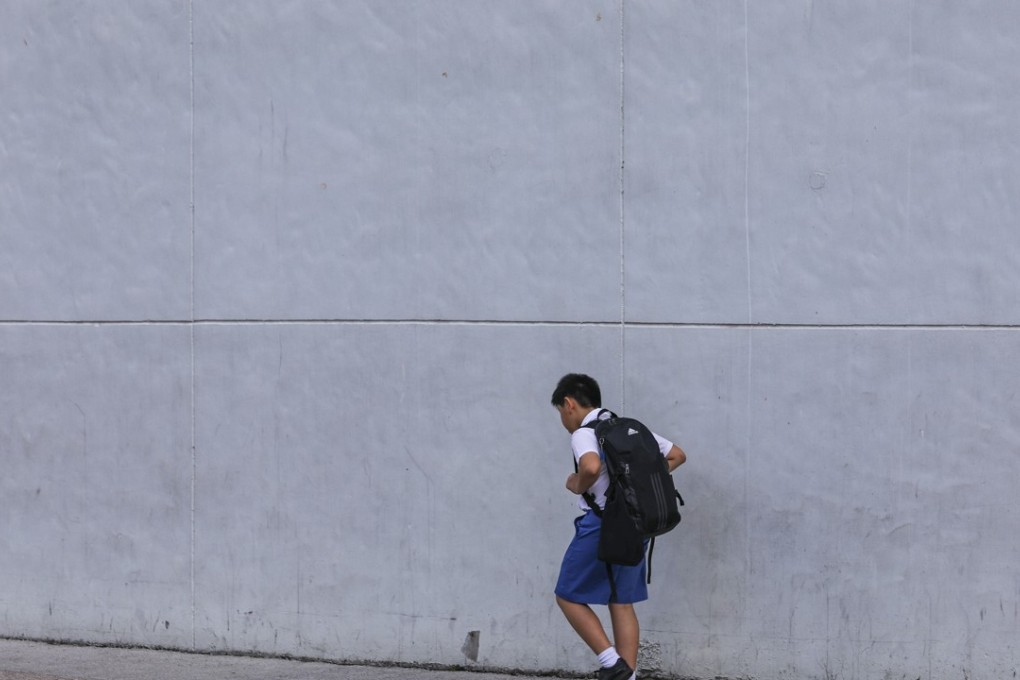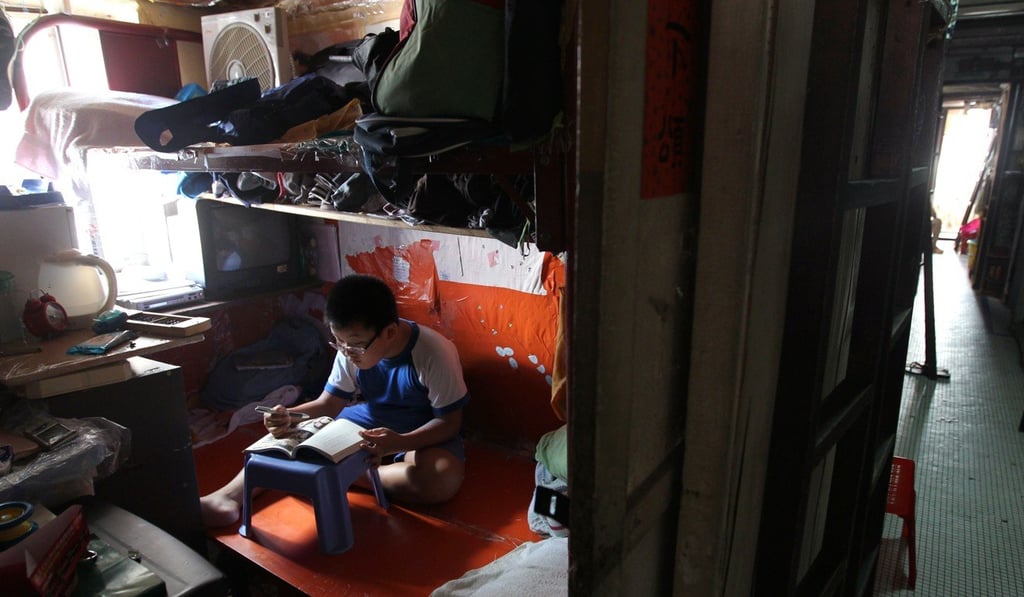Advertisement
Letters | How Hong Kong primary schools lay the poverty trap
- Poor, working-class parents (many of whom do not read English) have to scramble to hire tutors at the cost of other essential expenses
- Sadly, a modern curriculum that allows an average child to thrive without tutors sounds too radical for Hong Kong
Reading Time:2 minutes
Why you can trust SCMP

I refer to your editorial on poverty issues (“New thinking needed to level playing field for those living in poverty”, December 9). It is ironic that the 17.5 per cent of the city’s children living in poverty have been locked into the situation by the very education system that is supposed to help them.
Early education is vitally important for these children, yet the government virtually condemns them to failure. As the burden of children’s education increasingly falls on parents, poor families are disproportionately harmed.
In Hong Kong, homework for primary students is designed to require adult supervision. Requiring poor, often unsupervised, children to complete the same homework is borderline cruelty.
Advertisement
What is a six-year-old supposed to do, faced with homework instructions they cannot read? Flip through any Primary One exercise book in English, Chinese or maths, and judge if a child can do their homework on their own.

Advertisement
Advertisement
Select Voice
Choose your listening speed
Get through articles 2x faster
1.25x
250 WPM
Slow
Average
Fast
1.25x